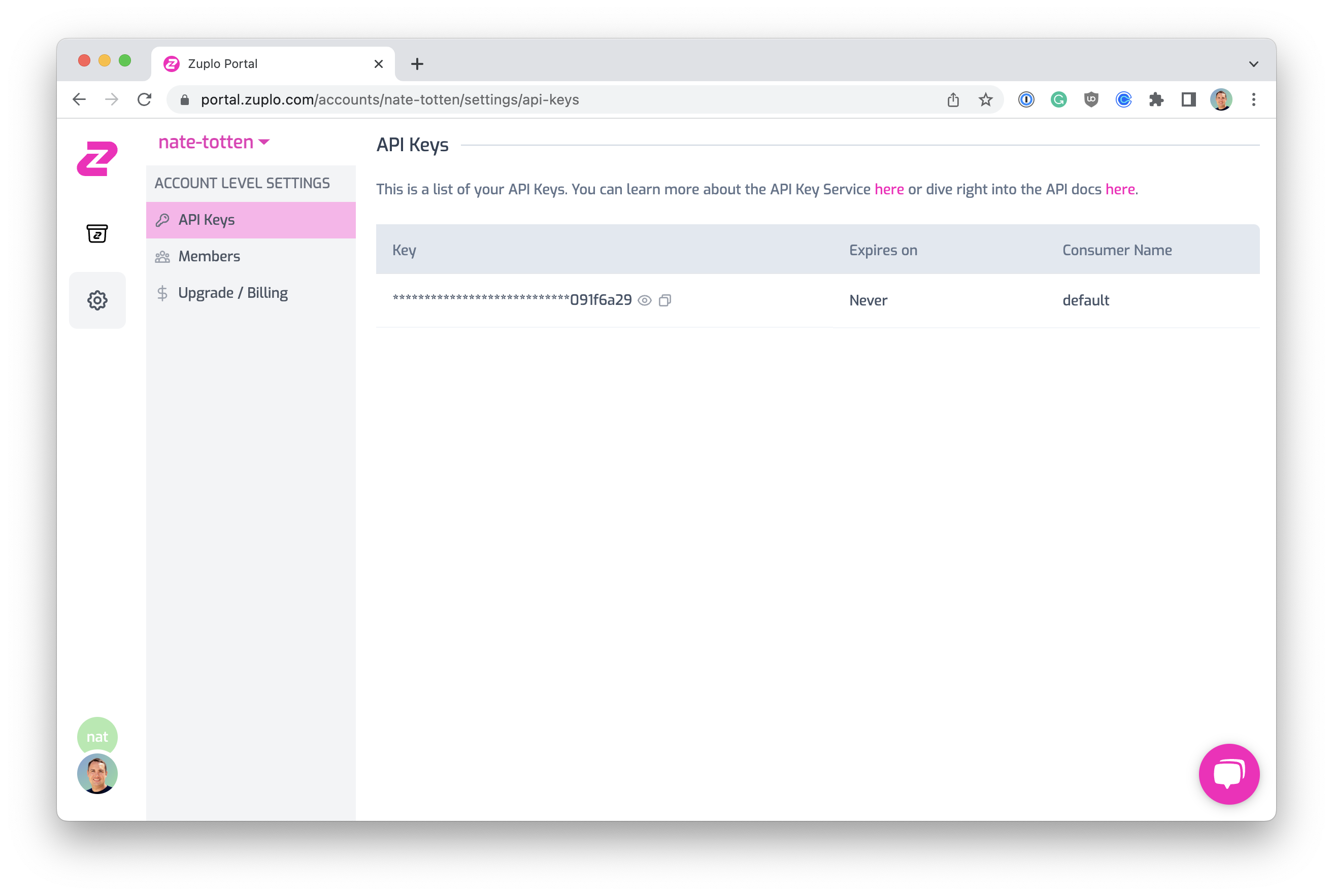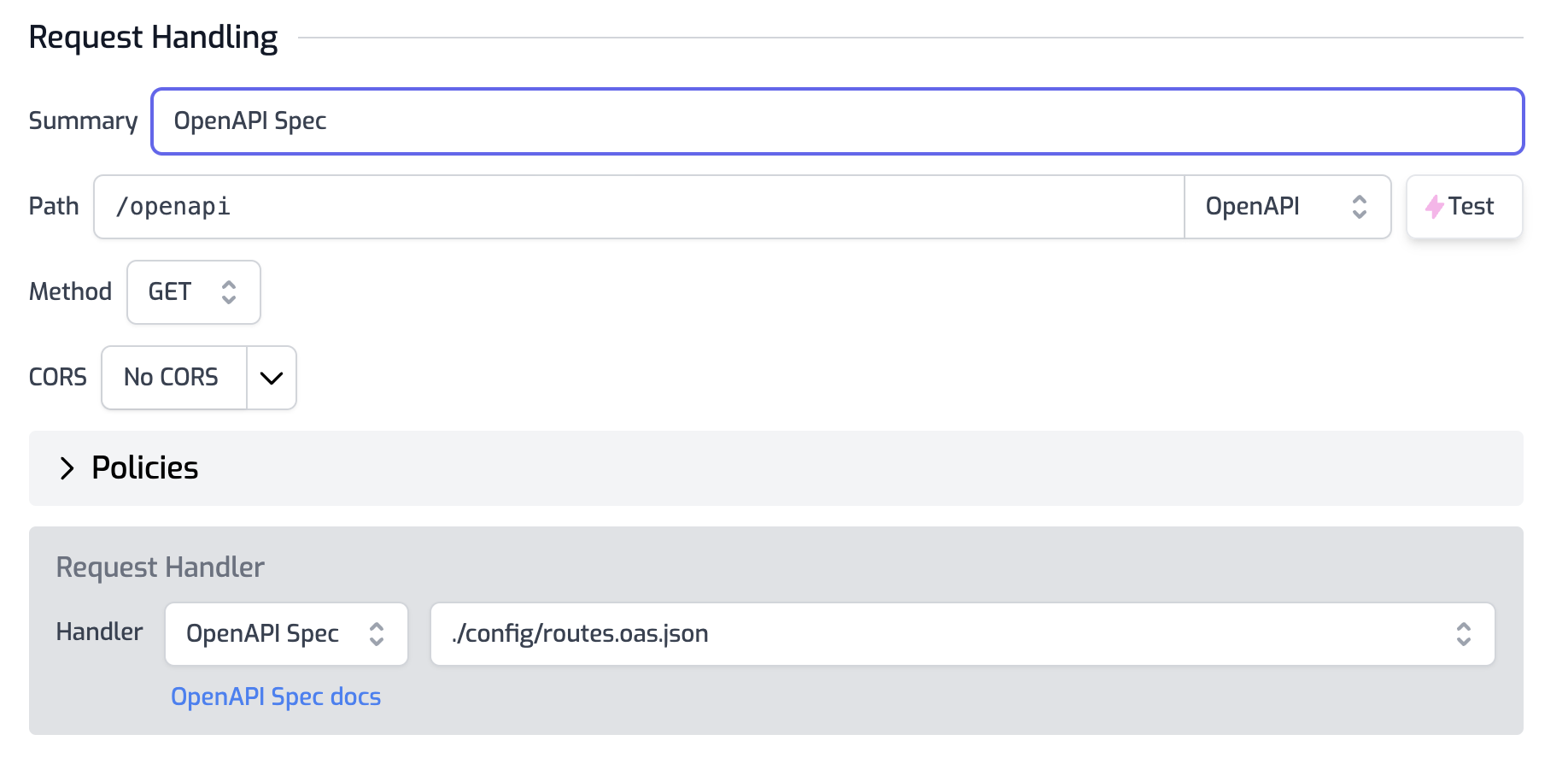Request Body Validation Policy
The new Request Body Validation policy allows validating incoming request bodies based on the schema in your OpenAPI file. This policy can be configured to reject requests with invalid body schemas or write logs to your preferred logging provider.
Mock API Response Policy
The Mock API Response policy enables rapid mocking of an API using the examples inside of your OpenAPI document. Return a single example or random examples to build a proof-of-concept for your API or enable clients to begin development while the backend is being built out.
Firebase Upstream Authentication Policies
Proxy data or services from Firestore through Zuplo using two new policies.
- Upstream Firebase Admin Auth - authorizes requests using a Firebase Admin Token that can be used to call any Firebase API.
- Upstream Firebase User Auth - authorizes requests as a specific user which allows securing Firebase resources using security rules
API Analytics
Enterprise customers can now access rich analytics through the Analytics tab in the dashboard. Analytics make it easy to view:
- Requests by response status
- Top Users
- Users who hit rate limits
- Request latency
Portal Improvements
Over the past few weeks we have shipped a number of improvements to the portal including:
- A new test running right in the Route designer
- A project info page in the settings tab
- Performance improvements when editing large OpenAPI files
- Subfolder support in the modules directory


